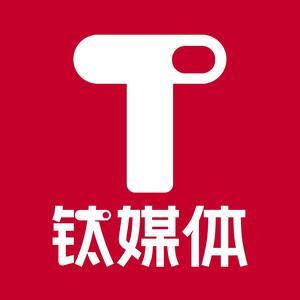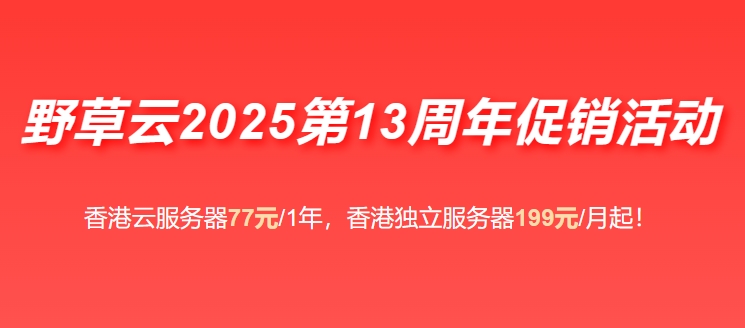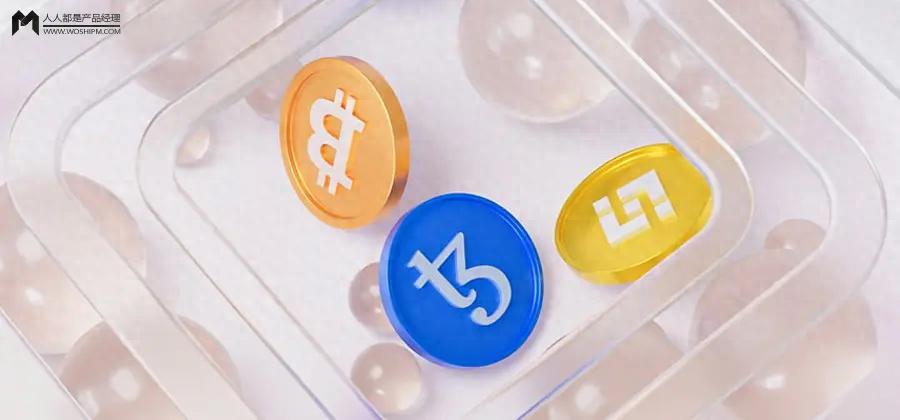TMTPOST -- Japan’s chief tariff negotiator Ryosei Akazawa on Thursday dropped his plan to visit the United States, overshadowing the implementation of a trade deal between two countries.

Credit:U.S. Department of Defense
Akazawa suddenly canceled his trip, which had been scheduled to head to the U.S. on Thursday and stay there through Saturday for tariff negotiations, Kyodo News reported. the reason for the cancellation was that Tokyo found some matters had to be confirmed during its coordination with Washington, the Jananese news agency learned from a government source that .
Reuters also reported Akazawa’s cancellation decision before his departure. The head of Japan’s Economic Revitalization Ministry was due to fly to Washington to draw up a written confirmation of the terms of the package, such as the split of investment returns between the U.S. and Japan, the report quoted a government insider.
Commerce Secretary Howard Lutnick on Tuesday said an agreement on Japan’s committed $550 billion investment will be released later this week. He said a national and economic security fund will be built with the money from Japan and other countries, and “they"re going to give us money to build our infrastructure out in America.”
Japan’s Chief Cabinet Secretary Yoshimasa Hayashi later Thursday confirmed the trip was called off. He said Akazawa used to arrange a travel to U.S. for discussion of tariff measures, and the trip was cancelled because “ it became apparent that certain points required further technical discussion” during the coordination with the U.S.
Hayashi told reporters it was decided that discussions will continue at the administrative level, not providing any timetable about Akazawa’s new trip to Washington. The Japanese government has not yet decided whether the negotiator will travel to the U.S. again, Kyodo News reported. Reuters cited a government source that Akazawa could fly to Washington as early next week after the outstanding issues are resolved.
Akazawa’s planned trip came as Tokyo has been calling for U.S. President Donald Trump’s issuing an order to reduce the tariff burden and cut auto tariffs, but hasn’t received any commitment from Washington.
"We are strongly requesting that measures be taken to amend the presidential order concerning mutual tariffs as soon as possible, and to issue a presidential order to reduce tariffs on auto parts," Hayashi said on Thursday.
U.S. President Donald Trump on July 22 announced a “massive” trade deal with Japan, involving $550 billion in investments and a 15% reciprocal tariff on Japanese goods. Trump in his social media post said “Japan will invest, at my direction, $550 Billion Dollars into the United States, which will receive 90% of the Profits. ” But Japan on July 26 confirmed only a small part, just 1% to 2%, of the $550 billion deal with the US will be actual investment. Most of the money will be in the form of loans, Akazawa said.
The U.S. government confirmed that it would end stacking of universal tariffs on Japan and take steps to cut auto duties, said Akazawa after a meeting with U.S. counterparts in Washington on August 7.
Akazawa during the meeting urged Lutnick and U.S. Treasury Secretary Scott Bessent to ensure the universal 15% tariffs agreed last month were not overlapped on Japanese imports that were already subject to higher tariffs.
The U.S. officials expressed their regret about the staking rule that had been applied to Japan in spite of a verbal agreement, and explained they would amend the presidential order, so as to refund any overpaid levies since August 7, effective date of the worldwide reciprocal tariffs, Akazawa said.
Akazawa said both sides have not agreed on timeline for the implementation, and he’s not sure when the revised presidential order would be issued, but Tokyo is seeking the issuance as quickly as possible as the losses suffered by Japanese companies due to the stacking tariffs are mounting day by day.
Japanese officials have said they would rather have an amended presidential executive order first to remove overlapping tariffs on Japanese goods before releasing a joint document on the investment details.
Akazawa earlier this week repeated the same stance. “We want the measure to be issued even before any formal announcement — in fact, we want it issued right this very moment,” he said on Wednesday.













